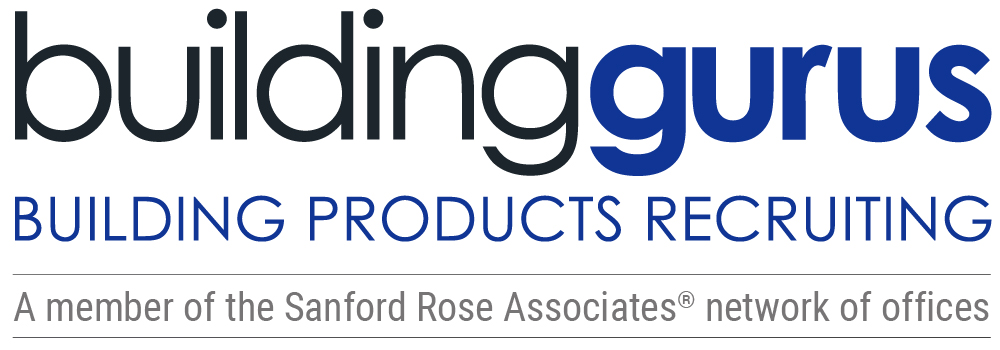A Job Benchmark is a specialized report that is created to identify the behaviors, motivators, and skills required to be successful in a job. Benchmarks are great tools that can be used to increase employee performance and engagement while reducing employee pain points and turnover.
So, benchmarking can be used to address key things within your organization, but how do you know if you’re using benchmarking effectively? If your team is going to spend the time and effort benchmarking, you should be sure that you aren’t setting the bar too low.
That’s why, at Building Gurus, we swear by TTI’s patented process to create accurate benchmarks, drastically lower turnover rates, and improve the likelihood of new hires thriving.
The Three-Tier Job Benchmark
We like to keep the classic three-tier system in mind when we talk about benchmarking. It helps categorize and evaluate your employees’ performance in each role.
First, there are the top performers. These people are clearly higher performers than others because really stand out and shine. Depending on the size of your team, top performers usually make up the top 10–20% of the team.
Next, there are the average performers or B-players. These employees do the job well and get along fine, but they aren’t lighting the world on fire. Average performers probably make up the bulk of your team.
Finally, there are the underperformers. Underperformers are people who you would top grade if you thought there was somebody better out there or if you had time to look for a replacement. Underperformers take more time, energy, and effort to manage and train than others.
The Job Benchmarking Process
The secret to great benchmarking the ability to identify the key skills and personality traits required to succeed in each role. We identify those markers with the ©TTI SUCCESS INSIGHTS Patented Job Benchmarking Process.
First, we take subject matter experts, or SMEs, (such as someone currently in that role or an immediate supervisor for that role) and have them complete an assessment as if they were the job. Not as if they had the job — but if they WERE the job!
In this process, it is helpful to have employees take on the perspective of the role itself. This allows people to disconnect from their preconceived notions about the employee in that role and helps them look at what is truly the right answer for the job.
Next, we run through the four key phases of Job Benchmarking outlined in the ©TTI SUCCESS INSIGHTS Patented Job Benchmarking Process:
Setup
Start by identifying the Job and appropriate SMEs. The SMEs should be people within the organization that have a direct connection to the job. Their expertise will help you create the job benchmark. Also, it is important to understand why the job exists, how success in the job is measured, the history of the position and how it fits the company strategy.
Key Accountabilities
Next, define, prioritize, and weigh the key accountabilities for the job. Through discussion, the SMEs should define a comprehensive yet succinct group of 3-5 key accountabilities for the position. These will be ranked by importance and time requirement.
Assessment
Next, respond to the Job Assessment and Review the Multiple Respondent Report. The SMEs will respond to the Job Assessment keeping the Key Accountabilities in mind. Based on a unique analysis, the Multiple Respondent Report combines the input of all SMEs to create a benchmark for the job.
Results
Finally, compare the talent to the Job Benchmark using a Gap Report. A talent assessment on the same scale as the job will identify the characteristics an individual will bring to the job, allowing you to easily determine the best job fit and identify coaching opportunities. Within the framework of a company’s overall selection process, effective hiring decisions can be made, and productivity can begin immediately.
Each phase is contingent on the one prior, and the entire benchmarking process can be duplicated across all positions within the company.
How Job Benchmarking Helps You Hire Better
Job Benchmarking helps you hire better for several powerful reasons.
It Allows You To Look Outside The Organization
When doing evaluations, we often only compare our employees to each other. That means that you might think Katie is a rockstar compared to the rest of the organization, but she is actually just a solid B+ player and could be bringing more to the role. Out in the world somewhere, there are people who are outperforming her, but you’d never know it because you’ve never seen them.
So, make sure that you aren’t stuck in your own tiny fishbowl. Instead, focus on the job itself and what that job needs to deliver to the company to get great results.
It Provides Clarity + Agreement
Not surprisingly, often times leaders over different parts of the company have different priorities and agendas. By going through the collaborative job benchmarking process, you allow everyone to be heard and then vote on what is the most important to the role. Only from that point can you create the job benchmark that future candidates will be compared to.
Job Benchmarking Allows You To Create Powerful Employee Development Plans
Once you understand what is needed for someone to succeed in the role, it becomes much easier to see if any of your current employees have the behaviors, motivators, and skills required to succeed. If they don’t, you can determine if they can be developed or if that role isn’t going to be something they thrive in — even with coaching and training.
Learn More
Job Benchmarking is one of the great tools Building Gurus can offer to you to help you figure out what your organization needs to thrive. This tool can help you get really clear about what you need so that you can direct your recruiting efforts and attention to the right people and reduce turnover.
If you think this is something your team could use, please sign up for a free, no-obligation discovery call with us and our team would be happy to help you.
If you’d like to learn more, watch our Quick Tips video on this topic on YouTube and subscribe to our channel to catch our weekly recruiting and retention tips. Happy hiring!










